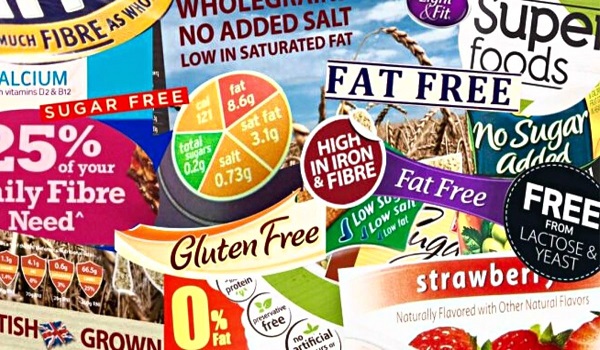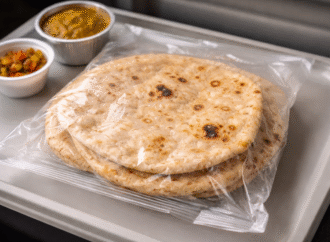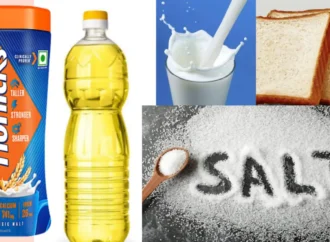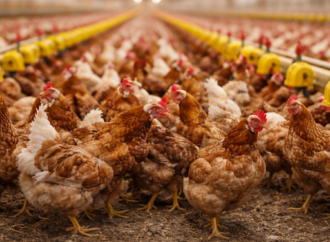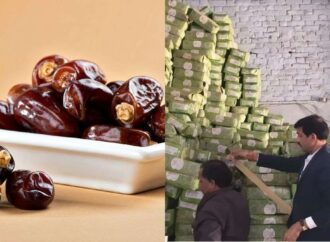Report
At the inaugural session of a FICCI event, G. Kamala Vardhana Rao, CEO of the Food Safety and Standards Authority of India (FSSAI), urged packaged food companies to take active responsibility for the nutritional quality of their products. As more Indians shift towards processed and ready-to-eat foods, Rao stressed the need to prevent nutrient deficiencies through better formulation. “Consumers today lack time and increasingly rely on packaged foods,” Rao said. “This trend makes it crucial for the food industry to deliver products rich in essential micronutrients.”
Combatting Misleading Labels
Rao also warned the industry against using misleading health claims on product labels. He emphasised the importance of transparency and accuracy in packaging. “We’ve seen the industry cooperate well when asked to remove or revise misleading claims,” he added, acknowledging the positive response from companies following FSSAI interventions.
Industry Pushes for Label Reform
Hemant Malik, Chair of the FICCI Food Processing Committee and Executive Director at ITC Ltd, voiced concerns over current labelling norms. He advocated for front-of-pack labels based on serving sizes rather than the standard per-100g measure. “Most packaged foods are consumed in small portions. Serving-size-based labels would offer more practical insights for consumers,” Malik explained. He also cautioned against broadly labelling all packaged foods as “ultra-processed,” calling for a more balanced view.
Urban Consumers Shift Food Budgets
A white paper jointly released by FICCI and Deloitte revealed that urban Indian consumers now spend nearly 50% of their food budgets on packaged and prepared foods. Despite this surge, India processes only a small fraction of its agricultural produce—4.5% of fruits, 2.7% of vegetables, and 21.1% of milk—indicating massive growth potential in the food processing sector.
Export Opportunity & Native Superfoods
The report also highlighted that India’s processed food exports total $48 billion, just 16% of total agricultural exports, far below global benchmarks. It identified an untapped opportunity to reformulate native superfoods like millets and makhana to align with worldwide health and wellness trends.
India Positioned to Lead Food Innovation
Anand Ramanathan, Partner and Consumer Industry Leader at Deloitte South Asia, emphasised a structural shift in consumer demand towards clean-label, protein-rich, and gut-friendly foods. He highlighted how India could lead globally in building inclusive, health-driven food systems powered by AI, IoT, and blockchain technologies. “India’s challenge isn’t just feeding over a billion people—it’s doing it with intelligence, resilience, and purpose,” he concluded.
Source: The Hindu Business Line
 Food Manifest
Food Manifest 